Outsourcing manufacturing processes to a specialized partner offers numerous advantages, including cost savings, scalability, and access to expertize. However, selecting the right contract manufacturer is a critical decision that can significantly impact the success of your business. With a multitude of options available in the market, it’s important to consider what to look for before closing a manufacturing deal. In this blog post, we explain the key considerations that should guide your decision-making process when selecting a contract manufacturer.
9 Tips to Select The Right Contract Manufacturer
1. Evaluating Expertize and Capabilities
It’s important to find contract manufacturers with experience working with the type of materials you wish to use in your production lines. Their expertize in your industry will ensure that they understand the quality standards and requirements needed for your product’s success. In addition, you need to determine if they have the necessary equipment, technology, and resources to handle the production of your product.
Consider the size of their operations and whether it aligns with your needs. If they’re too small, they may not be able to handle large-scale production efficiently. On the other hand, if they’re too big, they may not give your project enough attention or prioritize it appropriately.
How does the contract manufacturing process work?
2. Assessing Track Record and Portfolio
A contract manufacturer’s track record and portfolio will give you a clear sense of the kinds of products they’ve successfully produced in the past. Moreover, assessing their track record will help you gauge the level of risk involved in partnering with them. By thoroughly assessing a contract manufacturer’s track record and portfolio, you can gain valuable insights into their expertize, capabilities, and overall performance as a partner in your manufacturing process. A contract manufacturer with a varied portfolio demonstrates flexibility and adaptability, which is crucial when it comes to meeting specific requirements.
3. Reviewing Facility Standards
Make sure that you review facility standards to guarantee a top-notch manufacturing environment that meets your expectations and prioritizes quality.
Consider the following factors when reviewing facility standards:
- Regulatory compliance and quality management practices: Look for manufacturers who adhere to strict compliance standards and have robust quality control measures in place. This will ensure that the products manufactured meet the required specifications and are of high quality.
- Manufacturing processes and supply chain management capabilities: Evaluate their ability to handle various batch sizes and delivery schedules efficiently. A well-equipped facility should be able to accommodate both small-scale production runs as well as large-scale orders without compromising on quality or efficiency.
- Commitment toward continual improvement: A contract manufacturer with a strong company culture focused on innovation and continuous improvement is likely to deliver better results in terms of product development, process optimization, and overall customer satisfaction. Look for manufacturers who invest in employee training programs, embrace new technologies, and actively seek feedback from clients for improvements.
4. Capacity for Scaling Production
Scaling production refers to the ability to adjust and accommodate changes in product volumes as a business grows or market demands fluctuate. A contract manufacturer with the ability to efficiently handle varying production volumes without compromising quality or efficiency creates a seamless production process.
The capacity for scaling production is important not only for meeting current demand but also for future growth. You want a contract manufacturer who can easily adapt to increased production needs without causing delays or compromising on quality assurance measures. By choosing a manufacturer with sufficient capacity, you can avoid bottlenecks in the manufacturing process that may lead to missed delivery dates or increased manufacturing costs.
Furthermore, a contract manufacturer’s ability to scale production efficiently can help optimize manufacturing costs. With proper planning and execution, economies of scale can be achieved by producing larger quantities at lower costs per unit. This allows you to maximize profitability while maintaining competitive pricing for your products.
5. Researching Resources and Expertize
Assessing a contract manufacturer’s capabilities involves examining how they manage raw materials and production workflows. Consider whether they have established relationships with reliable suppliers for sourcing raw materials. Additionally, evaluate whether they have experienced project managers who can effectively oversee production processes from start to finish, ensuring timely delivery of finished products that meet your specifications.
A strong supply chain ensures consistent access to quality materials for your product manufacturing needs. In the same vein, top-notch assembly services ensure all aspects of a product’s manufacturing process can be handled efficiently.
What are the benefits of contract manufacturing?
6. Ensuring Production Requirements are Met
Consider the contract manufacturer’s ability to meet your schedule requirements. Check if they have a track record of delivering projects on time, as delays can lead to significant disruptions in your supply chain. Inquire about their quality control processes to ensure that they have strict measures in place for inspecting and testing products throughout the manufacturing process.
7. Quality Control Measures
A reliable contract manufacturing firm should have a well-defined quality control system in place, which includes regular inspections, testing procedures, and documentation of all production stages. By having such measures in place, they can guarantee that the final product meets the required specifications and adheres to strict industry standards.
What types of industries typically use contract manufacturing?
8. Communication and Collaboration
Communication plays a vital role in successful manufacturing partnerships. From the initial stages of product design to bringing the final product to market, clear and open lines of communication facilitate a smooth and efficient manufacturing process.
Look for companies that prioritize regular updates and frequent discussions about progress, challenges, and any necessary adjustments. This level of transparency will keep you informed and allow you to make informed decisions along the way. By fostering an open dialogue throughout the entire process, you can ensure that all parties involved are working towards the same objectives while minimizing potential roadblocks or delays along the way.
9. Commitment to Customer Satisfaction
Considering a potential contract manufacturer’s commitment to customer satisfaction is also important. A reputable contract manufacturing firm should prioritize customer satisfaction by continuously seeking feedback and implementing product improvements based on those inputs.
Not only should they be willing to collaborate closely with clients throughout the entire manufacturing process, but they should also be open to manufacturability suggestions. By actively involving customers in decision-making and incorporating their needs into the production process, a contract manufacturer can ensure that the final product meets or exceeds customer expectations.
Contract Manufacturing Services
By working with Alpha Contract Manufacturing, you can improve your supply chain capabilities. Thanks to our wide range of production capabilities, we can effortlessly tackle the production of large volumes of various goods without compromising on quality or delivery times.
By becoming our contract manufacturing partner, you gain access to a state-of-the-art manufacturing environment, where your product specifications are followed in fine detail and carefully monitored to look for potential improvements. You can rely on our operational efficiency, technology, and expertize to handle all aspects of your next manufacturing project.







